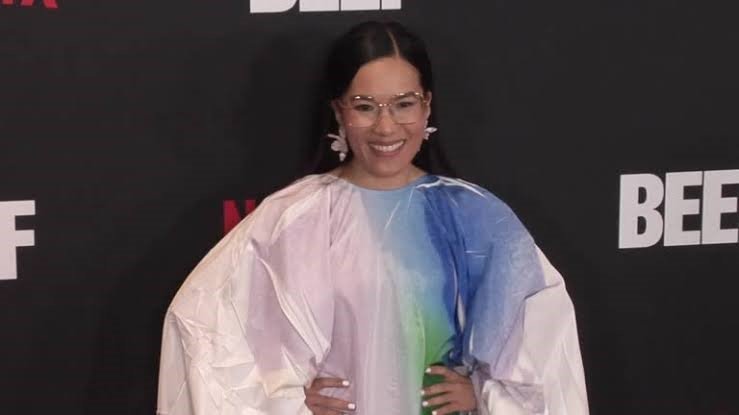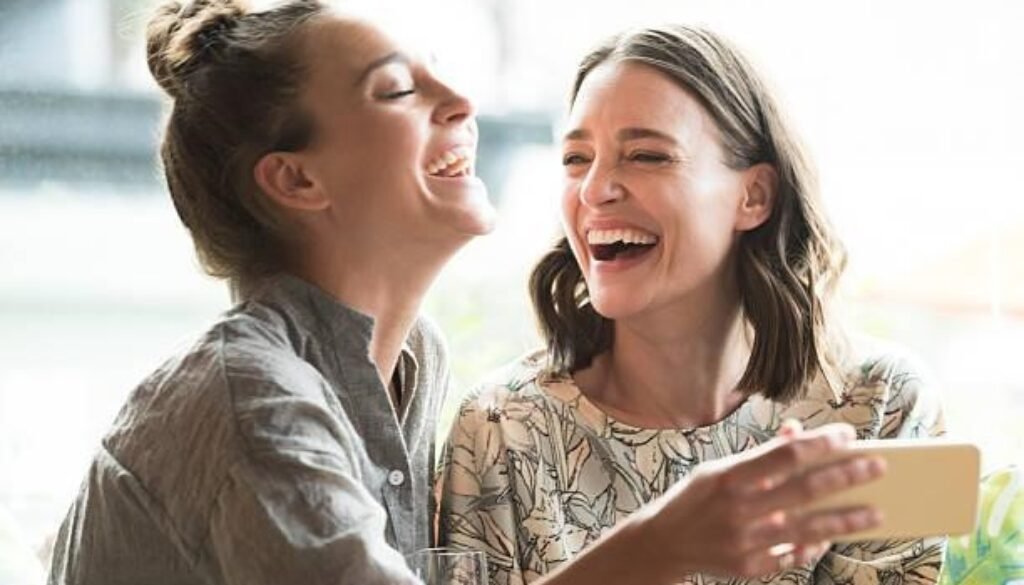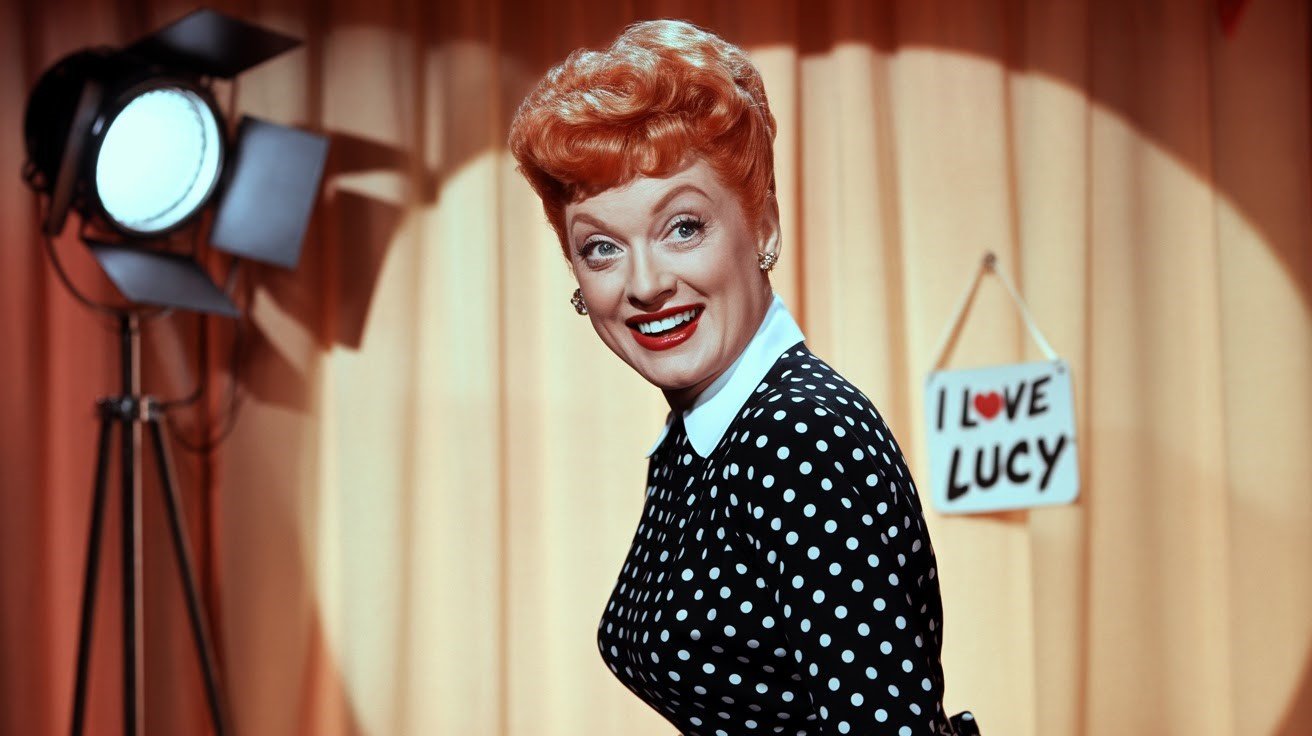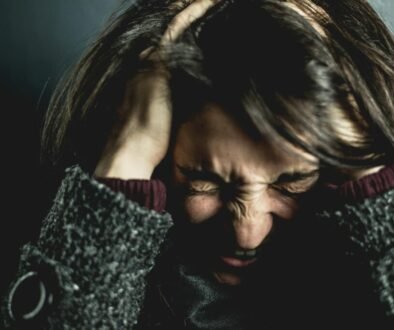Women Can’t Be Funny? The Joke’s On You!
There’s a common myth that women aren’t as funny as men. This idea has been repeated in media, comedy clubs, and even workplaces for decades. But when you look at the facts—and the history of comedy—you’ll see that the claim doesn’t hold up.
In this article, let’s explore where this myth comes from, what research says about humor and gender, and meet some of the women who’ve reshaped the comedy world.
Where Did This Myth Come From?
The idea that “women aren’t funny” has been around for generations. In the past, men often dominated public spaces like comedy clubs, TV, and film. Women’s humor, when it appeared, was often dismissed as “cute” or “silly” rather than clever or sharp.
Cultural expectations played a big role. For centuries, society expected women to be polite, modest, and serious. Meanwhile, humor—especially bold or edgy humor—was seen as a “male” trait.
In 2007, a controversial essay by Vanity Fair titled “Why Women Aren’t Funny” fueled the debate. But comedians, researchers, and audiences have since proved how wrong that view is.
What Science Says About Humor and Gender
Do men and women differ in their ability to be funny? Research shows that both genders have the capacity for humor, but how humor is used and judged can differ.
A 2011 study in Psychonomic Bulletin & Review analyzed 28 studies on humor and found that men were judged as slightly funnier on average—but mainly because men submitted more jokes or used riskier humor styles.
Importantly, when jokes were shared without knowing who wrote them, the gender gap shrunk or disappeared (Greengross & Miller, 2011). This suggests bias, not ability, shapes perceptions of humor.
Humor is subjective. What one person finds funny, another may not—and that has nothing to do with gender.
Women Who Changed Comedy
Many women have proven time and again that they’re not just funny—they’re brilliant comedians who’ve changed the face of entertainment.
Lucille Ball
Lucille Ball was a legendary comedian and actress, best known for her iconic role in I Love Lucy. Her brilliant slapstick humor, expressive face, and perfect timing made her one of the most beloved figures in television history. Lucille broke new ground for women in comedy and remains an inspiration for generations of performers.
Joan Rivers
Joan Rivers was a pioneer in comedy, famous for her bold, no-filter humor. She broke barriers for women in stand-up with sharp jokes about celebrities, aging, and everyday struggles. Her fearless style and quick wit made her a lasting icon in the world of comedy.
Tina Fey
Tina Fey is a celebrated comedian, writer, and actress known for her smart, sharp humor. She gained fame on Saturday Night Live and created the hit show 30 Rock. Tina’s comedy blends clever wordplay, satire, and strong female perspectives, making her a role model for women in entertainment.

Ali Wong
Ali Wong is a standout comedian known for her raw, fearless, and hilarious take on topics like motherhood, relationships, and identity. Her hit specials Baby Cobra and Hard Knock Wife made her a global star, celebrated for her bold storytelling and sharp humor. Ali’s comedy connects deeply with audiences, breaking stereotypes and inspiring many.

Phoebe Waller-Bridge
Phoebe Waller-Bridge is a brilliant comedian, writer, and actress best known for creating Fleabag and Killing Eve. Her humor is sharp, dark, and deeply honest, often exploring complex themes like love, loss, and identity. Phoebe’s unique voice and fearless storytelling have earned her critical acclaim and made her a powerful figure in modern comedy.
These women, and many more, prove that comedy has never been about gender—it’s about skill, timing, and perspective.
Why This Myth Needs to Go
Saying “women aren’t funny” isn’t just wrong—it limits creativity. When people believe this myth, it:
Discourages young girls from trying comedy
Limits opportunities for women in writing rooms, clubs, and film
Fuels unfair bias in judging talent
Comedy is stronger when it reflects all voices. Breaking the stereotype means giving everyone a chance to share their humor.
FAQ
Q1: Are men naturally funnier than women?
No. Studies show that any small differences come from social factors and bias—not ability.
Q2: Why do people still believe women aren’t funny?
Because of old stereotypes, fewer women in high-profile comedy roles in the past, and bias in judging humor.
Q3: Do women use a different kind of humor?
Some studies suggest women may use more self-deprecating or relationship-based humor, but this varies by person—not gender.
Q4: Who are some famous funny women today?
Tina Fey, Ali Wong, Amy Schumer, Mindy Kaling, Wanda Sykes, and many more.
Sources
Greengross, G., & Miller, G. (2011). Humor ability reveals intelligence, predicts mating success, and is higher in males. Psychonomic Bulletin & Review, 18(2), 231–238. https://doi.org/10.3758/s13423-011-0045-4
Vanity Fair (2007). Why Women Aren’t Funny.
Martin, R. A. (2007). The Psychology of Humor: An Integrative Approach.




